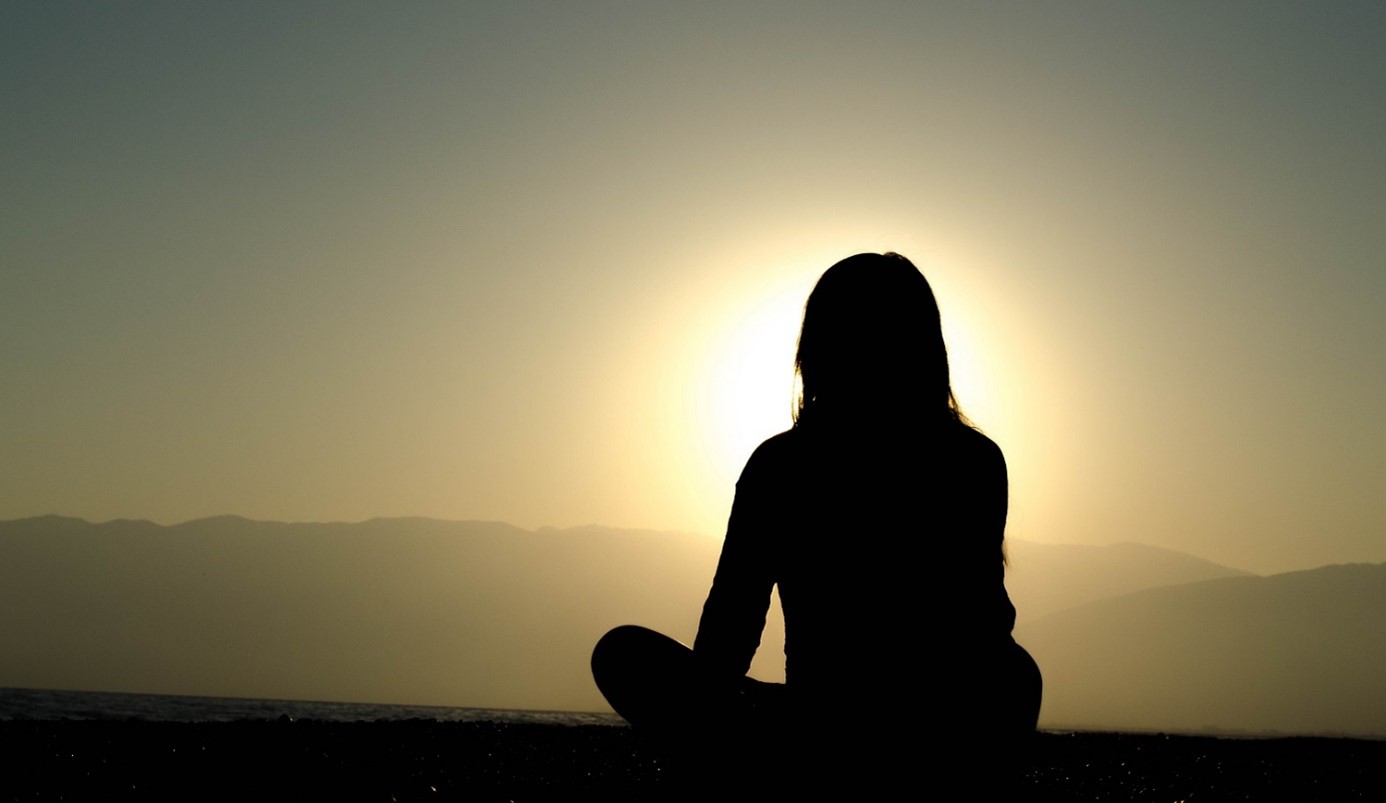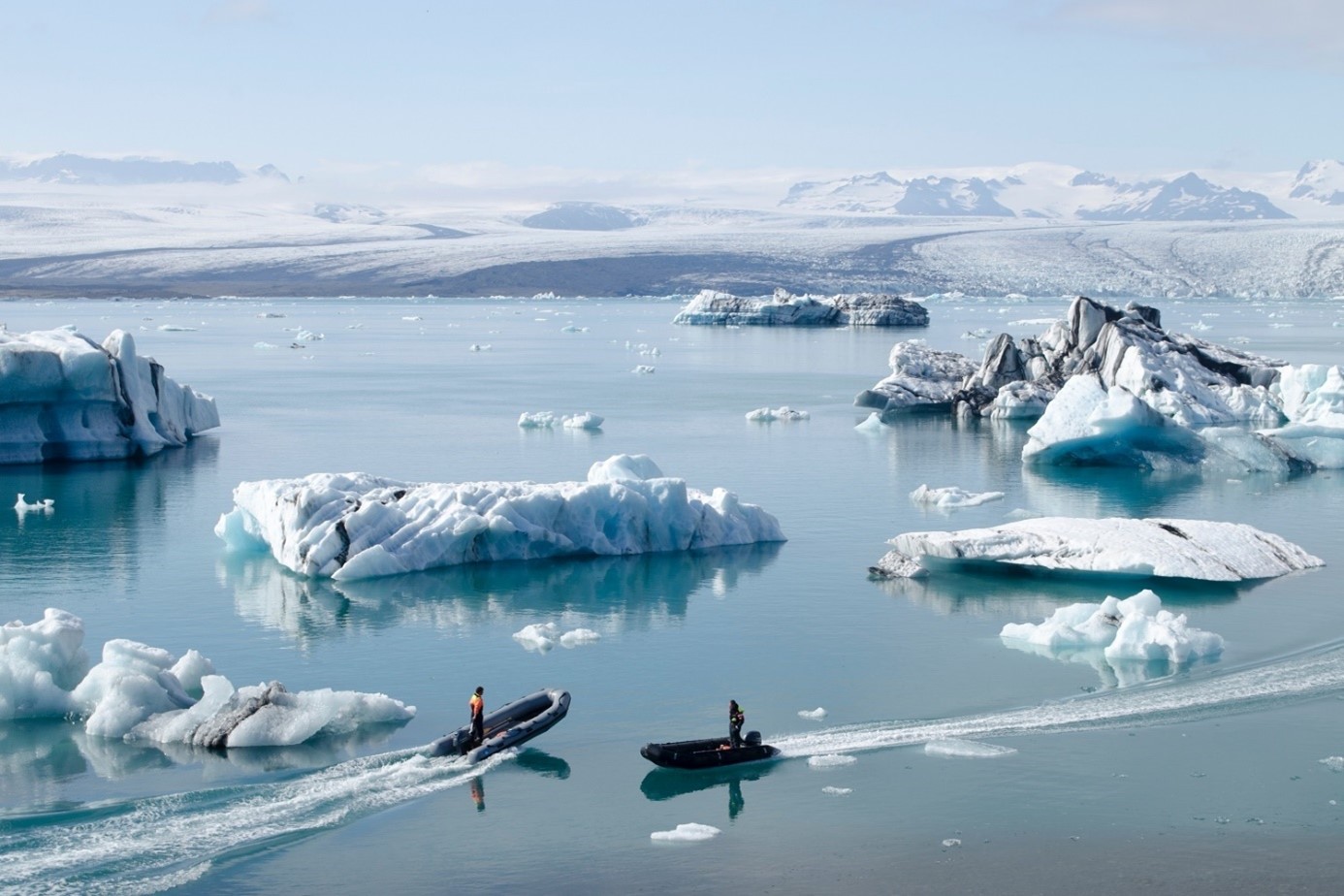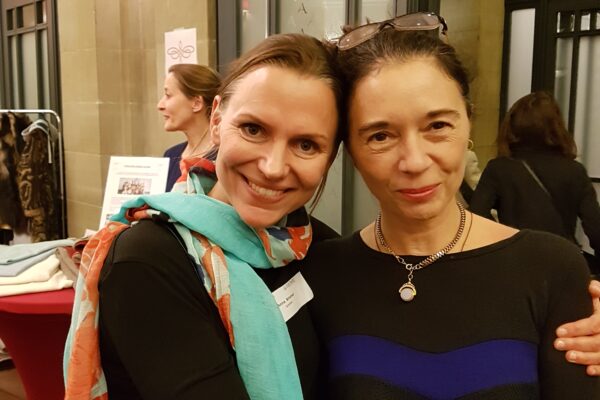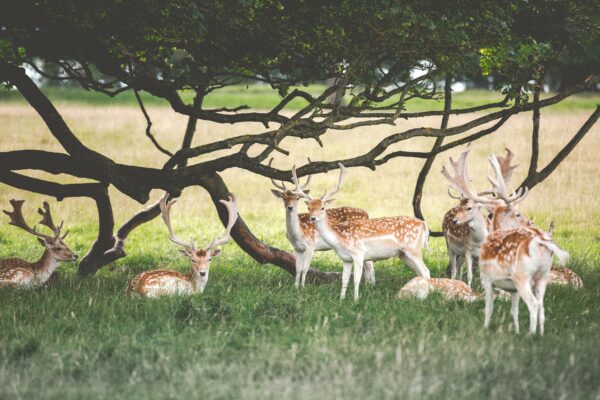
When you look at the world around you, what do you see? Is it an abundant world with plenty of resources to go around for everyone? A world with almost endless supplies of water, land, energy, minerals and other resources to serve the needs of every human on Earth? Or, do you see natural resource constraints, physical limits to growth, and large differences in resource distribution globally? Are you disturbed by the ongoing degradation of natural ecosystems, water bodies and air quality; the diminishing of endangered species; and the threatening of indigenous cultures? Do you recognize serious injustices between different societal groups, cultures and countries? Perhaps at the same time, do you see enormous human potentials and opportunities to benefit societies and improve the Earth’s conditions worldwide? Or perhaps you have a mixed view or partial understanding of the global situation?
At a personal level, have you taken the time to deeply reflect upon your own values, beliefs and perceptions of life? Have you questioned the purpose of your existence on Earth? Do you believe we are here for a limited time and should make the most of it on every level? Do you believe we should strive to maximize our living standards and material quality of life? Shall we strive to attain financial abundance, material abundance and perhaps a certain career position or role in society? Or are we here on Earth as human spirits to learn important lessons for the soul; lessons that we will bring with us to “the other side” as the only essential “treasures” when we leave this human lifespan.
Similarly, do you believe that we as humans have a natural birthright to do whatever we wish with the Earth’s waters, land, soil, animals, plants, trees, minerals and ecosystems? Are we allowed to act the way we please? Or do we have a moral plight and responsibility to pass on the Earth’s natural resources and ecosystems that we have inherited in the healthiest state possible to future generations? Are we responsible for carefully interacting with and protecting existing animal and plant species and their life conditions? Do some societies, companies and individuals have the right to make use of Nature’s resources at the expense of others? Should we respect human beings from other cultures and faraway places? Or, should we act in accordance with “the precautionary principle” in every situation, with true compassion, respect and care for all life forms and beings, both existing and future ones? Based on your beliefs about our roles and responsibilities as human beings on this Earth, you will have your own perspective on what we are entitled to do in relation to everyone else and everything around us.
In sum, it is now high time that we as global citizens start looking within to examine our core values, beliefs, emotional needs and priorities in life. Our inner world is, in fact, responsible for motivating both our good behavior AND our bad choices and actions. Once we start examining and identifying our dominant thought patterns and “emotional longings” can we begin to find the real root causes to today’s environmental and societal challenges. Only by understanding the beliefs, values, thoughts and emotions that drive our unsustainable modern lifestyles, can we find long-lasting solutions to our global problems. Thus, by shifting our minds and hearts towards greater care, compassion and respect for other living entities (including humans, animals, plants and ecosystems), can we begin to create truly sustainable, harmonious and flourishing societies.
Photo source: Unsplash.com




